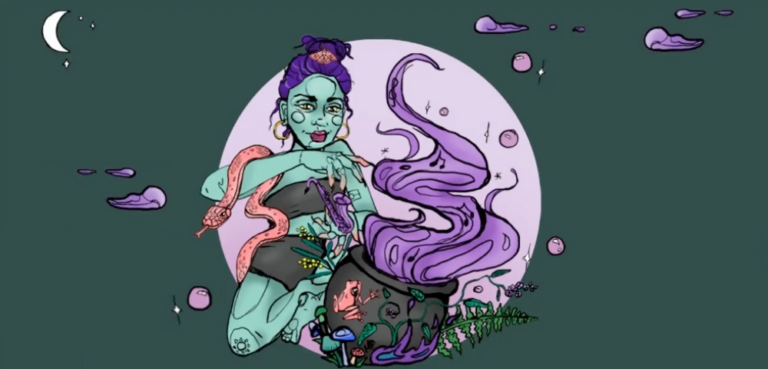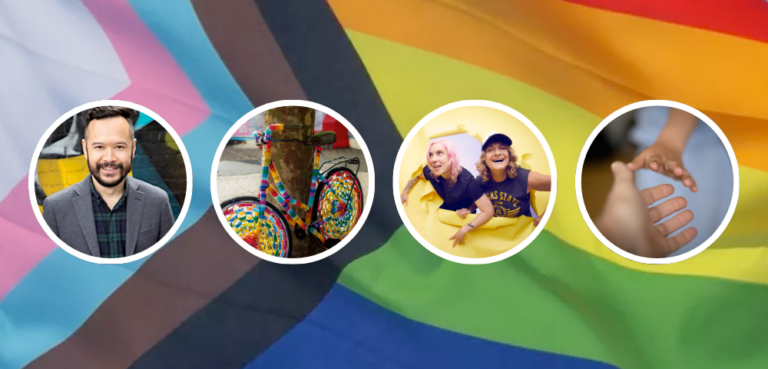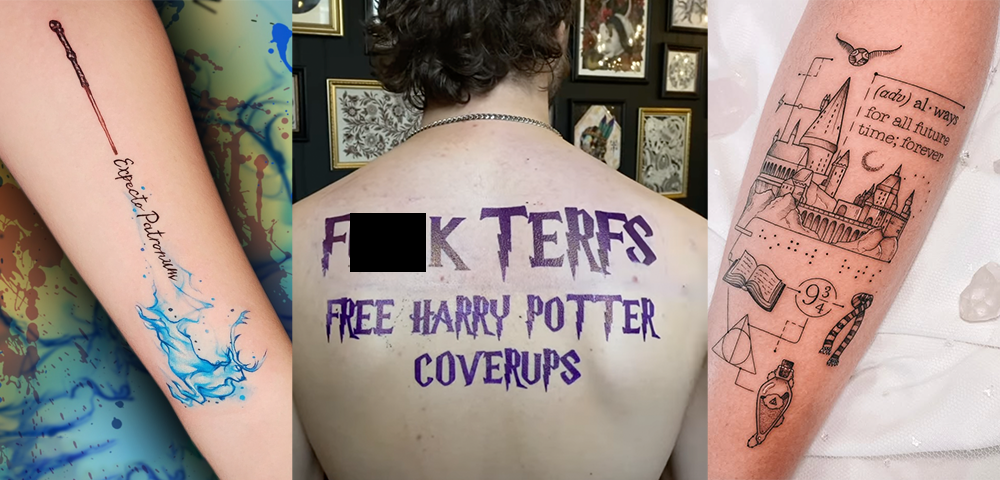
Intersex groups release joint statement criticising WHO for “repathologisation”

More than 50 intersex-led organisations and groups from around the world have signed a joint statement condemning the repathologisation of intersex variations as “disorders of sex development”.
The statement, addressed to the World Health Organisation (WHO), criticises the organisation’s decision to brand intersex variations as “disorders” in its International Classification of Diseases 11 (ICD-11).
It also criticises WHO’s inclusion of medical classifications that promote early surgical interventions to “fix” intersex bodies.
“We, the undersigned intersex-led organisations and groups, welcome moves by the WHO that continue a trend to depathologise sexual and gender minorities in the International Classification of Diseases (ICD-11),” the statement reads.
“We express our deepest regret that the ICD-11 reverses this trend in relation to people born with variations of sex characteristics – intersex people. This will cause continuing harm to people born with variations of sex characteristics.
“The ICD-11 introduces normative language to describe intersex variations as ‘disorders of sex development’. Some current materials in the ICD-11 are [also] associated with unnecessary medical procedures that fail to meet human rights norms.
“When performed on individuals without their personal informed consent, human rights defenders and institutions have found these interventions to be harmful practices and violations of rights to bodily integrity, non-discrimination, equality before the law, privacy, and freedom from torture, ill-treatment, and experimentation.”
Morgan Carpenter from Intersex Human Rights Australia (IHRA), who is currently in Geneva during the World Health Assembly that will approve the ICD-11, said he’s “dismayed” by the ICD-11.
“The ICD-11 will not only introduce a controversial language of ‘disorders of sex development’ into the ICD, which we know promotes ideas that intersex bodies need to be ‘fixed’… the ICD-11 Foundation contains information that requires early surgery based on technical rationales, heteronormative ideas and gender stereotypes, and that support genetic deselection as an alternative to early surgery.
“The ideas that it is ‘easier to make a hole than build a pole’ have long been discredited, and they violate human rights – including the right to bodily integrity, freedom from harmful practices, ill-treatment and discrimination, and the right to privacy.”
The joint statement calls on WHO to publish a clear policy on intersex people’s health and rights, ensuring treatment is compatible with human rights norms. It also calls on WHO to establish clear guidelines on ending human rights violations in medical settings, including those affecting intersex people.
Intersex people are born with physical or biological sex characteristics that don’t fit binary ideas around male and female bodies.
There are at least 40 kinds of intersex variations and according to experts up to 1.7 per cent of the population are born with one or more of them.
Some intersex traits are visible at birth while others might not be apparent until puberty.
You can read the full statement here.









